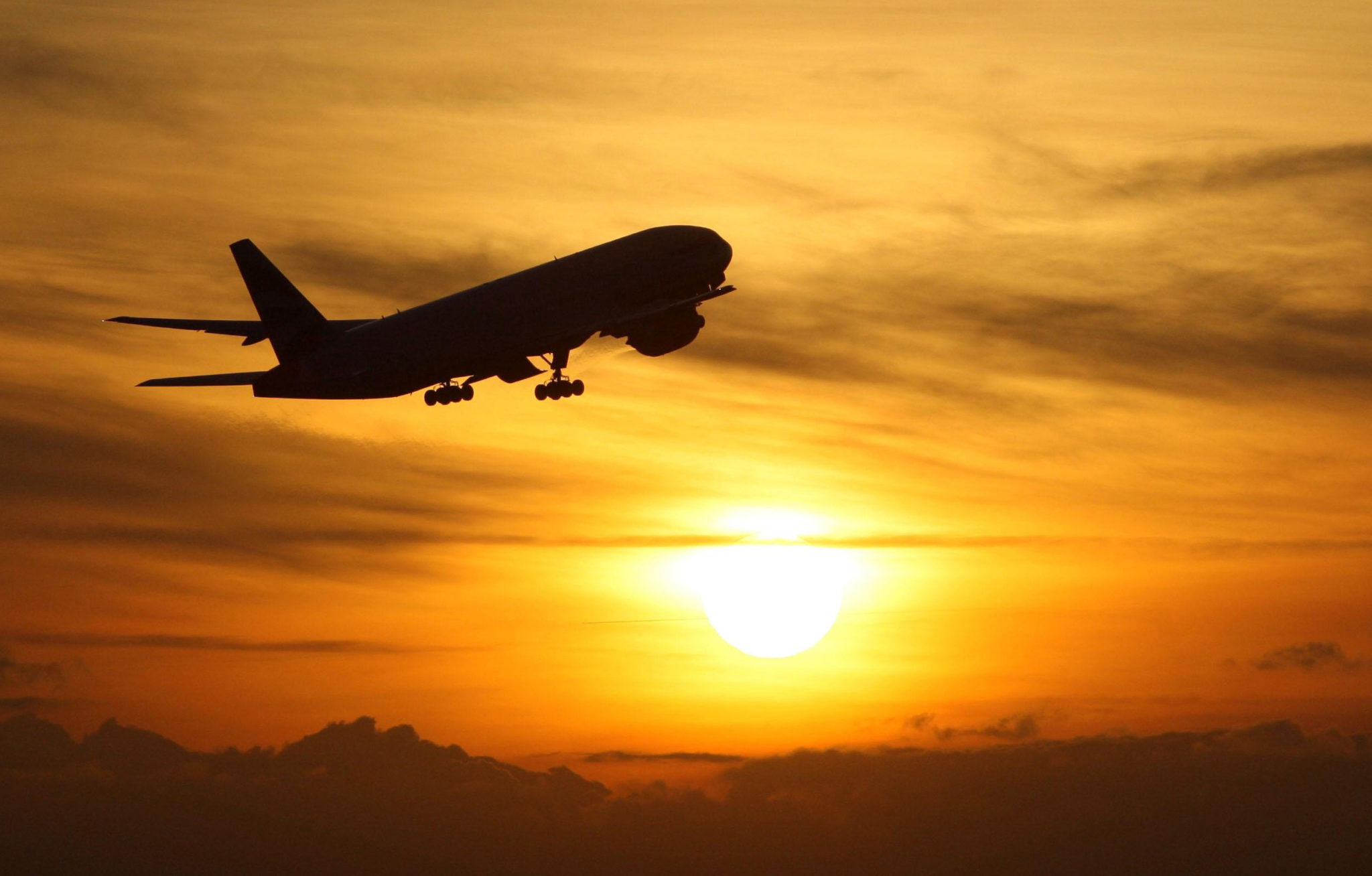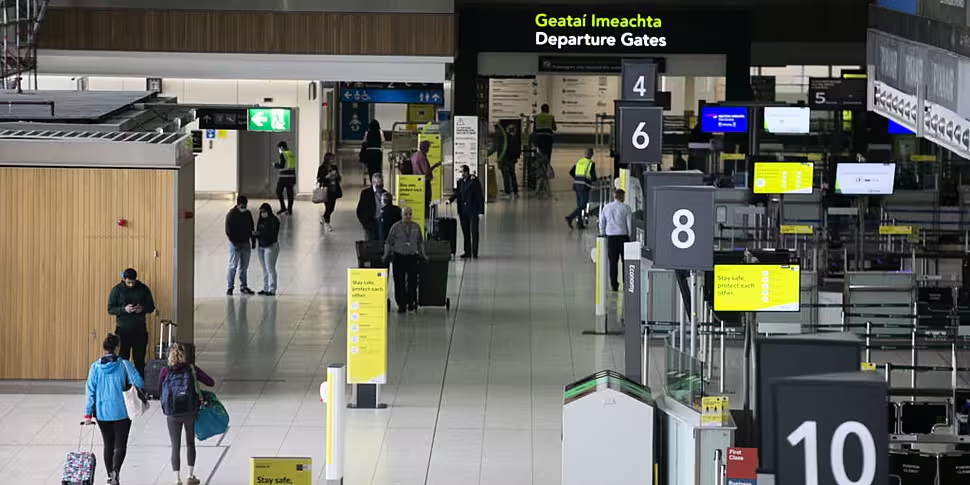The European-wide traffic light system will have to be replaced if people hope to travel at Christmas.
Travel expert Eoin Corry said travel over the holiday period would be "a big if" and that the Government and medical community would have to listen to the aviation sector on how best to proceed.
He added that the traffic light system and rapid testing would not be sufficient to allow people to visit family this year.
Rather, something more "dynamic" would need to be implemented.
The system rates European Union countries as green, orange or red depending on the number of COVID-19 cases per 100,000 of the population, the positivity rate, and the number of tests carried out.
There are currently no countries designated as green or having a 14-day incidence rate of less than 25.
Mr Corry told Lunchtime Live that the system has become "redundant".
He said: "The traffic light system has been completely overtaken by events, there are no countries at 25 to 50.
"Norway and Estonia, and Turkey, which is outside the ECDC, would be there but for everybody else, there are three countries between 50 and 100 and everybody else is over 100.
"The Irish interpretation of the traffic light system is a little bit different to everybody else's in that we would count orange as equivalent to red and we aren't taking the metric of the number of positives as a percentage that was put in for countries that do a lot of testing.
"For instance, Luxembourg has tested more than its population.
"But it doesn't really matter, we're skirting about the issue that the infection rate is out of control all through Europe.
"So the traffic light system which was well-intentioned to reopen Europe's borders is now redundant to the effect that when it comes in on November 8th, it's likely that we won't have any country that even in the orange."
 File photo. Credit: Press Association
File photo. Credit: Press AssociationChristmas
On travelling over the festive season, Mr Corry said: "If Christmas relocations are going to happen and people reconnect with their families, if people are going to travel at Christmas, then the traffic light system will have to be replaced by something more dynamic.
"I think that a little bit more trust will have to be put back into what the European aviation industry has been doing because travel, after all, is only responsible for 1.6% of the overall infections.
"That figure is declining at the number of community transmissions increase.
"If we're going to be travelling for Christmas, and its a big if, I don't think testing is going to deliver it, I don't think the traffic light system is going to deliver it.
"I think the government and medical community are going to have to sit back and listen to the aviation people and the safeguards they've put in place."
Rapid testing
Mr Corry said there is a "huge appetite for rapid testing" among the aviation and travel community.
He said: "IATA did a survey last week, 88% of passengers are willing to do them and everybody thinks they're a good idea.
"The real problem is one large and one smaller problem, the first is confidence and the second is cost.
"Even where full PCR tests have been brought in...there all these questions about false positives and false negatives.
"There would be a strong feeling among the Irish medical community that the number of false positives generated by airport testing, and remember we still have 8,000/8,500 people going through Dublin Airport every day, would put the system under pressure.
"As we know, the systems are already under pressure."
Today's #COVID19 update (25.10.2020)
Global:
▪ 42 758 015 cases
▪ 1 151 323 deaths
EU/EEA/UK:
▪ 5 905 285 cases
▪ 208 627 deaths
Find all info: https://t.co/TE7KD96Va2
Latest #RapidRiskAssessment: https://t.co/5XB0MYnKH3#SARSCoV2 https://t.co/LZvKW0rFMP— ECDC (@ECDC_EU) October 25, 2020
Mr Corry said: "So while everybody wants to get to a position where we have that quick 15-minute test, low cost, passengers get on board, we get a greater sense of being able to travel, we haven't reached that.
"At the European level, there are different countries investing different amounts of resources.
"We haven't even started this process but the debate goes on.
"In the meantime, the aviation industry is doing what it does and making sure the filter systems, masking on board, and the airports are enforcing social distancing.
"They've been doing a very good job on it since the skies reopened in June and July.
"I don't think we're at a position where we'll have tests that will reach those two bars of being the right cost for passengers and the confidence among the professional medical community."









